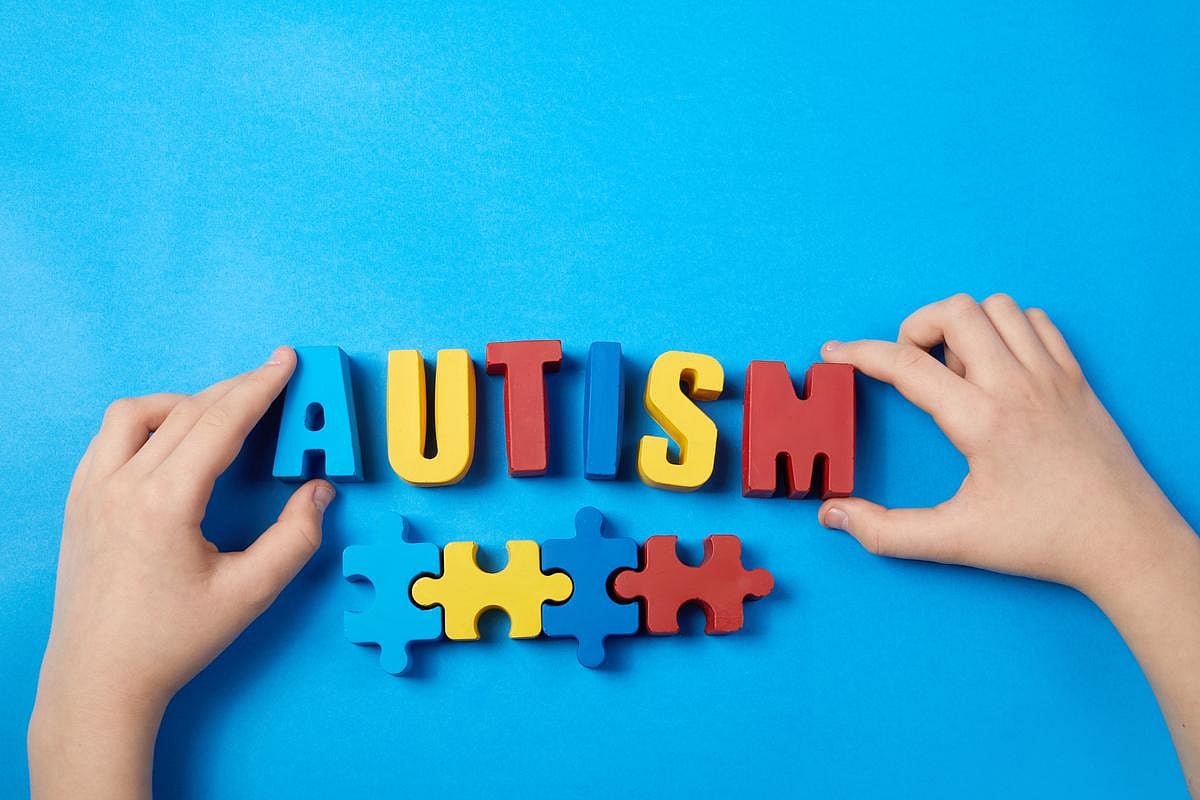
A mom’s health during pregnancy is not likely to influence her child’s risk of autism, a new study argues. Many previous studies have reported such a link, but researchers say nearly all these associations can be explained by other autism risk factors — genetics, pollution exposure, access to health care and the like. “Our study… read on > read on >


















